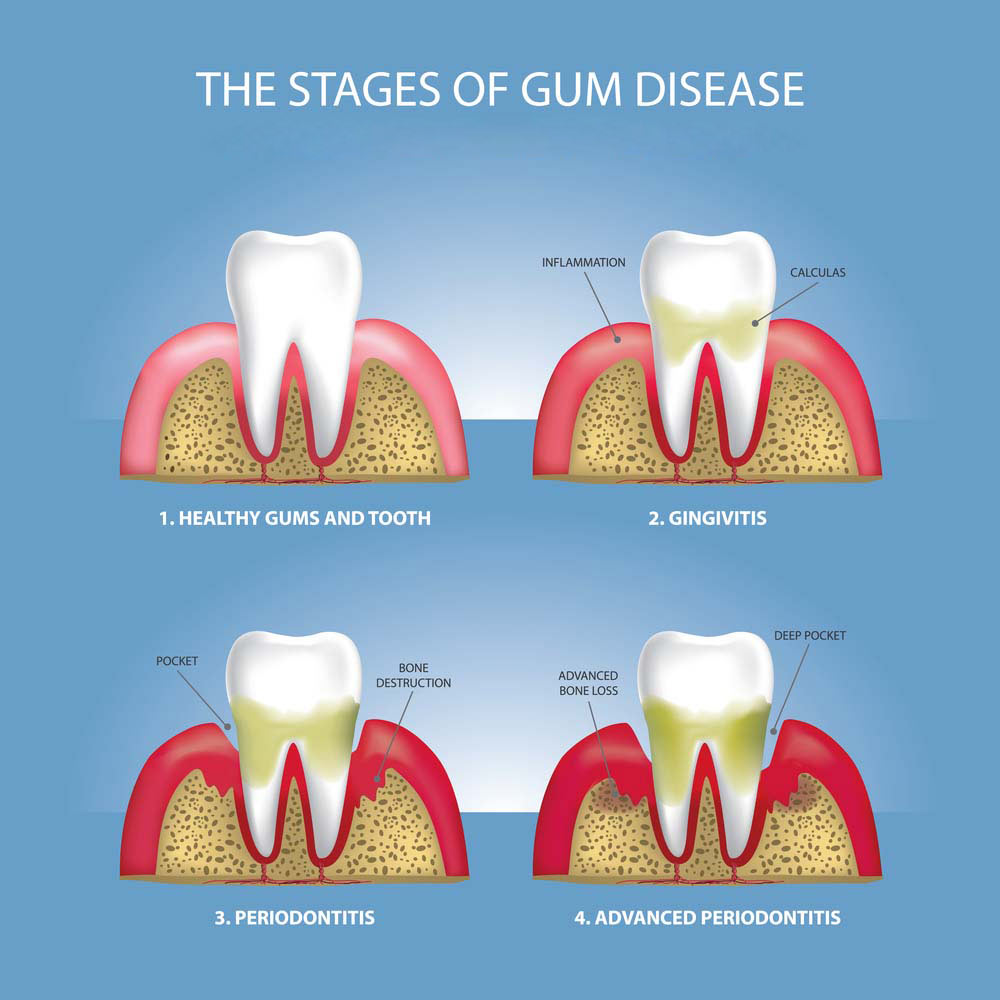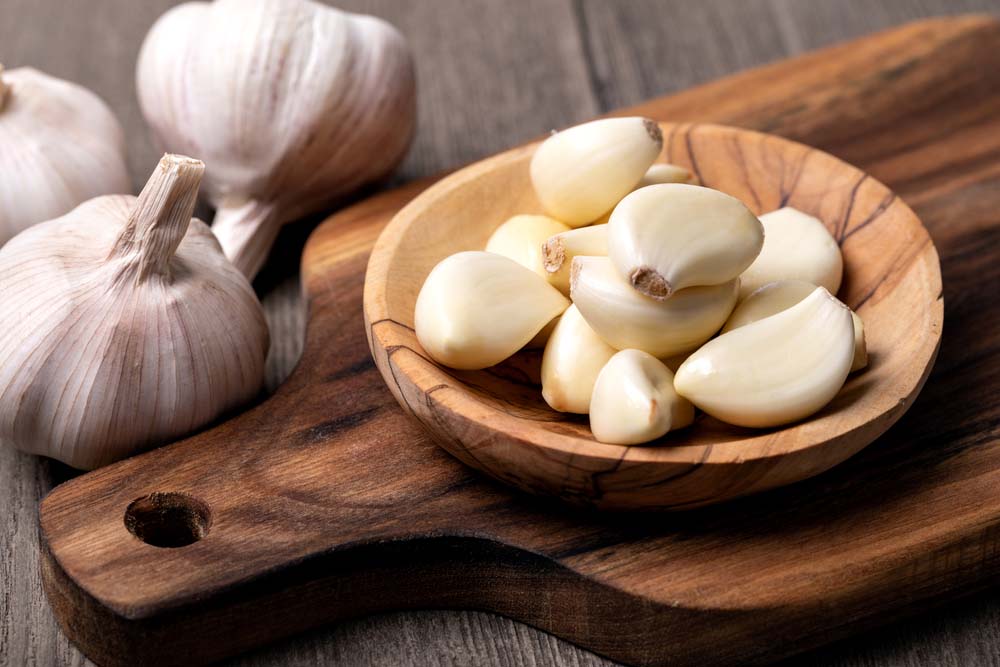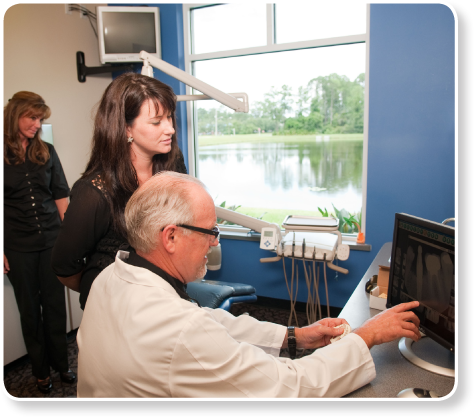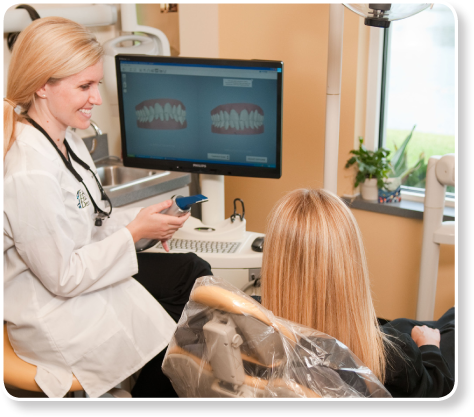What to Do About Toothaches During Pregnancy
Jan 30, 2023
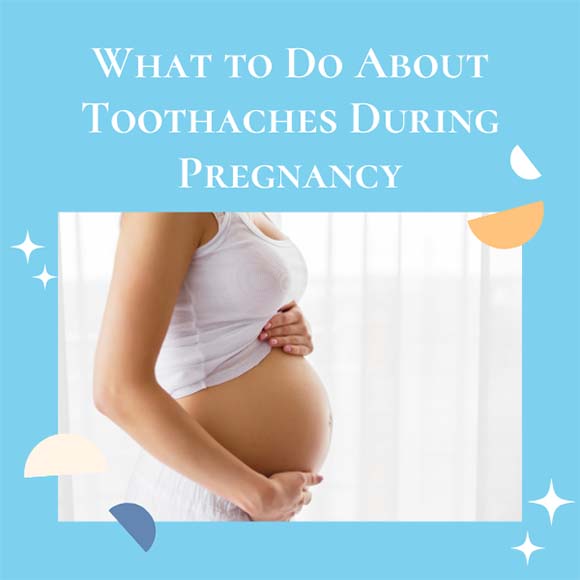
Pregnancy is hard enough as it is — toothaches and other dental issues are just the cherries on top. It’s common to experience toothaches, sensitive gums, or oral bleeding during pregnancy; so common that some health insurance companies cover additional cleanings for pregnant enrollees. Let’s discuss toothaches during pregnancy and what you can do about them.
Why Do My Teeth Hurt During Pregnancy?
Your body is going through many changes during pregnancy. Those changes can even affect your teeth and oral health. Increased tooth sensitivity and toothache are largely due to hormone changes, which can affect several parts of your health.
Increased Plaque
Pregnant people are more prone to plaque buildup because the body’s natural response to fight off plaque fluctuates during pregnancy. If the plaque continues to build up without being addressed, it can harden into tartar and increase your risk of tooth decay.
Morning Sickness
Many pregnant people are susceptible to morning sickness, nausea, and vomiting, especially during the first trimester of pregnancy. The acid of the bile can weaken your enamel over time, leading to increased sensitivity and the formation of cavities. Be sure to brush an acid-neutralizing toothpaste to eliminate stomach acid after vomiting, or rinse with a solution of water and one teaspoon of baking soda.
Gum Disease
Hormonal changes during pregnancy make you more likely to contract gum disease, which can leave your gums sore and tender. Bleeding gums usually accompany these issues. Gum disease can also lead to more problems down the line.
What to Do About Toothaches During Pregnancy
You can take many different actions to address toothache, gum sensitivity, and plaque buildup during pregnancy. Let’s review the most common treatments.
Rinse With Warm Salt Water
Rinsing your mouth with warm, salty water can help reduce inflammation. Reducing inflammation can help provide some relief from gum sensitivity and toothaches.
Visit the Dentist
If you have persistent tooth problems during pregnancy, it might be time to visit the dentist. Visiting the dentist during pregnancy is perfectly healthy for you and the baby. Just be sure to tell your dentist that you are expecting before you start your appointment. They may be able to identify some problem spots and help you address them.
Use an Ice Pack
If your face is swelling and you can pinpoint your toothache, using an ice pack can provide you with some relief. Press it to your face to reduce swelling. If you need a shield from the direct cold, wrap it in a paper towel. You can also use frozen vegetables if you do not have an ice pack.
Take Painkillers
You can take over-the-counter painkillers to dull your pain. Make sure to take acetaminophen (Tylenol) instead of ibuprofen (Aspirin), as the latter can affect your baby. Make sure to take as directed and talk to your doctor to make sure painkillers are safe for you.
Use Aloe Vera
Aloe vera has antibacterial and antifungal properties. Using this medicinal plant on your gums and teeth can help reduce bacterial growth and lessen gum swelling. It’s perfectly healthy to put on your gums; just make sure you are using pure aloe vera and not a product that has aloe vera as an ingredient!
Drink Milk
Drinking warm milk can help reduce swelling and inflammation in your mouth. Milk is also high in calcium and Vitamin K, which are vital for gum health. However, dairy milk can increase plaque formation, so be sure to keep brushing regularly.
Drink Pomegranate Juice
Sugar-free pomegranate juice can help prevent plaque buildup and bacterial infections, making it a great beverage during pregnancy.
Apply Garlic
Garlic is high in allicin, a natural antibiotic that can kill bacteria. Try applying garlic directly to the area in your mouth that is causing you pain.
Use Clove or Clove Oil
Clove is a natural antiseptic and can be applied directly to your gums or tooth for quick relief.
Identify Food and Drink Sensitivities
Take note of what you’re eating and drinking. Are any of your usual foods causing toothaches? Your sensitivities might change during pregnancy. If a particular food or drink causes regular oral discomfort, try to avoid it as much as possible.
How to Prevent Toothaches During Pregnancy
You can also take many actions to prevent toothache, gum sensitivity, and other dental problems during pregnancy.
Use the Right Oral Health Products
The toothpaste, toothbrush, and mouthwash you use during pregnancy can greatly impact your oral health. Be sure to use toothpaste formulated for tooth and gum sensitivity to prevent further agitating your teeth and gums. Brush with a soft-bristled toothbrush or an electric toothbrush with a sensitive mode. Lastly, use a mouthwash that prevents early symptoms of gum disease. It’s also important to regularly floss during pregnancy.
Maintain a Healthy Diet and Drink Water
Eating healthy foods can also help prevent toothaches. Avoid sugary foods as much as possible and drink a lot of water throughout the day.
Keep Up Regular Dental Appointments
Even if you’re not experiencing problems, be sure to keep up with your regular dental appointments and cleanings. Keeping on top of your oral health can help prevent toothaches and gum disease.
Need a cleaning or check-up?
Call to schedule your appointment!
(904) 269-6558
or
Fill Form To Schedule Your Appointment
For informational purposes only.


